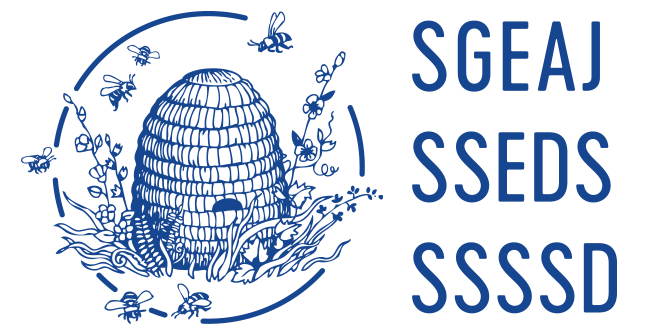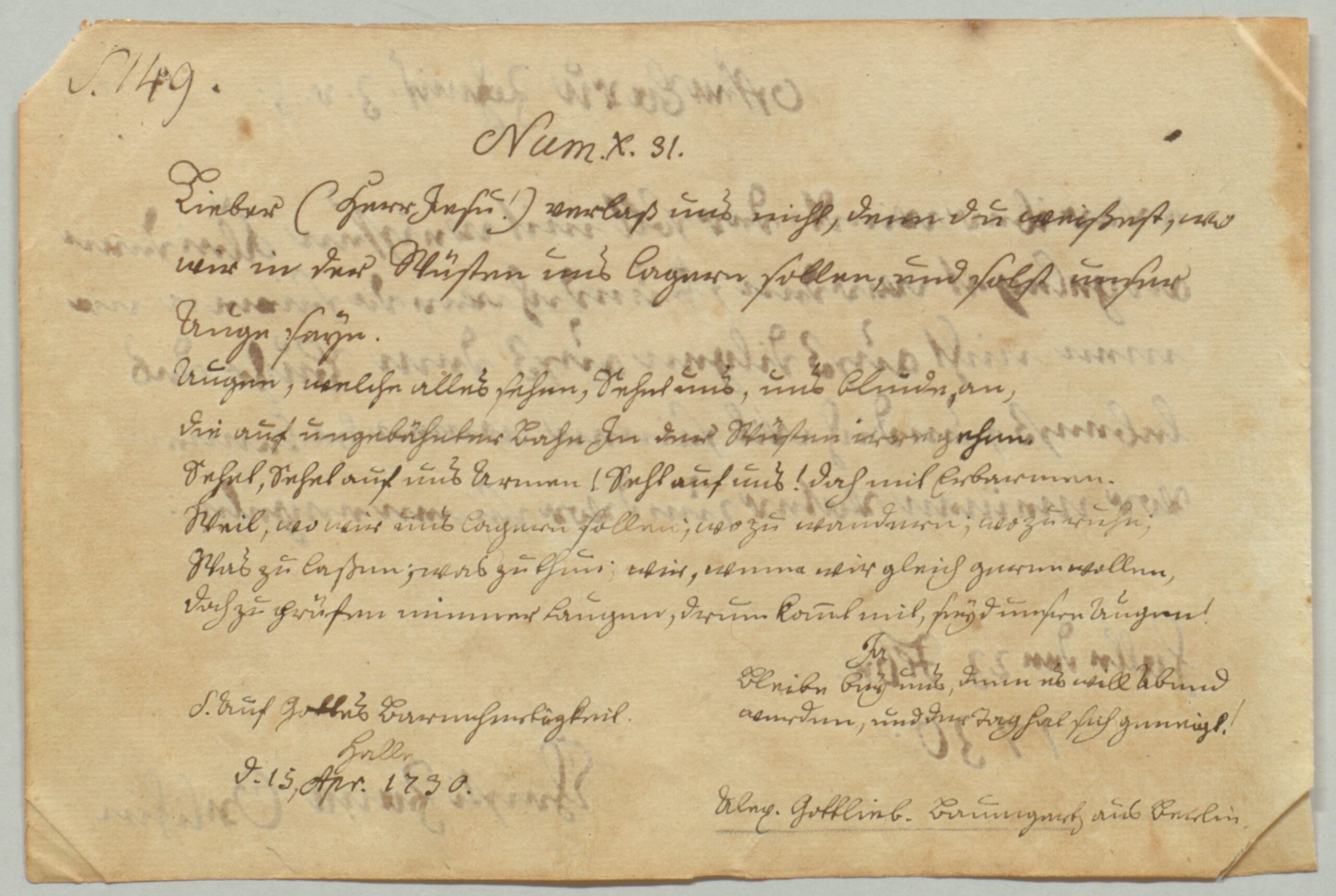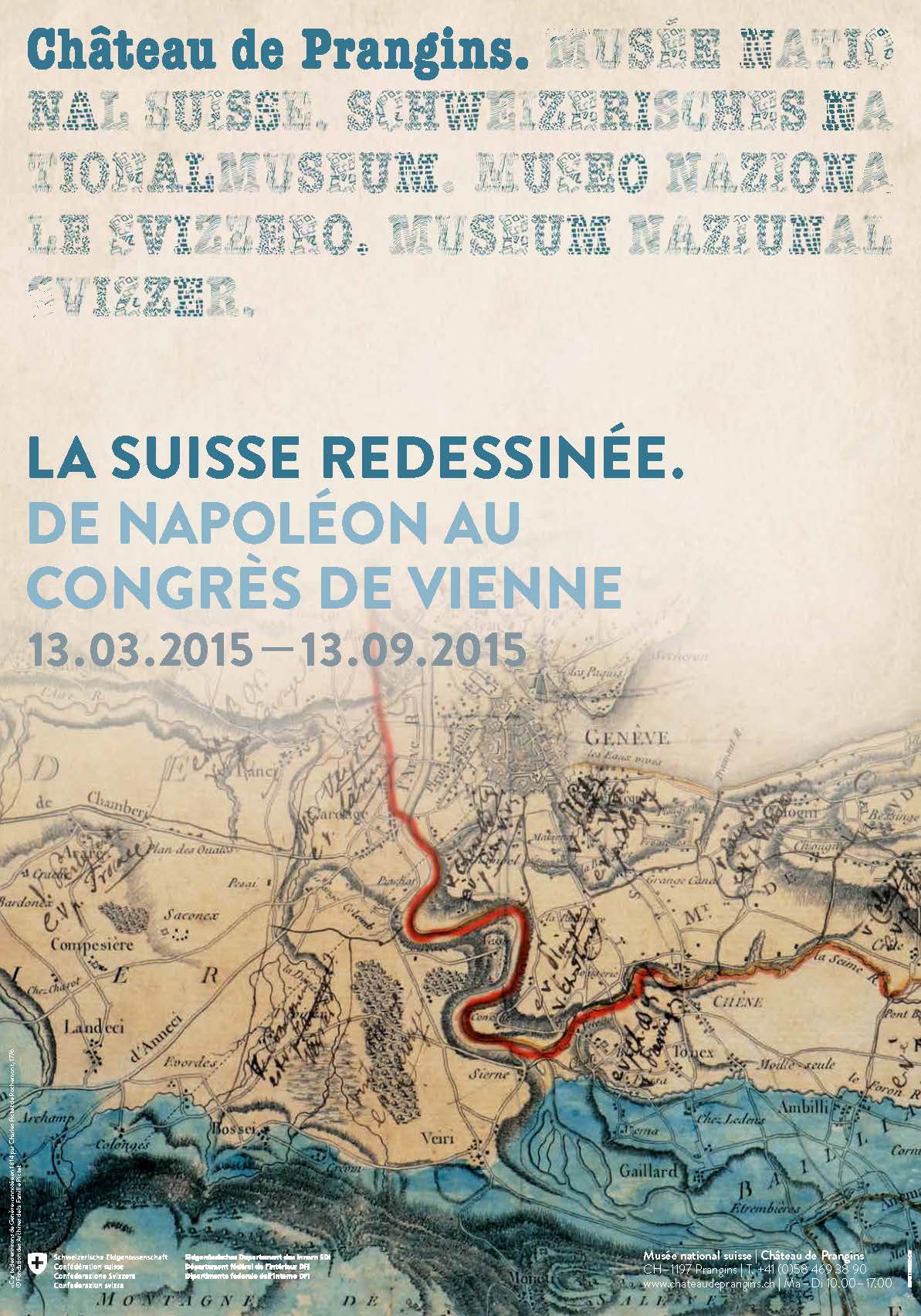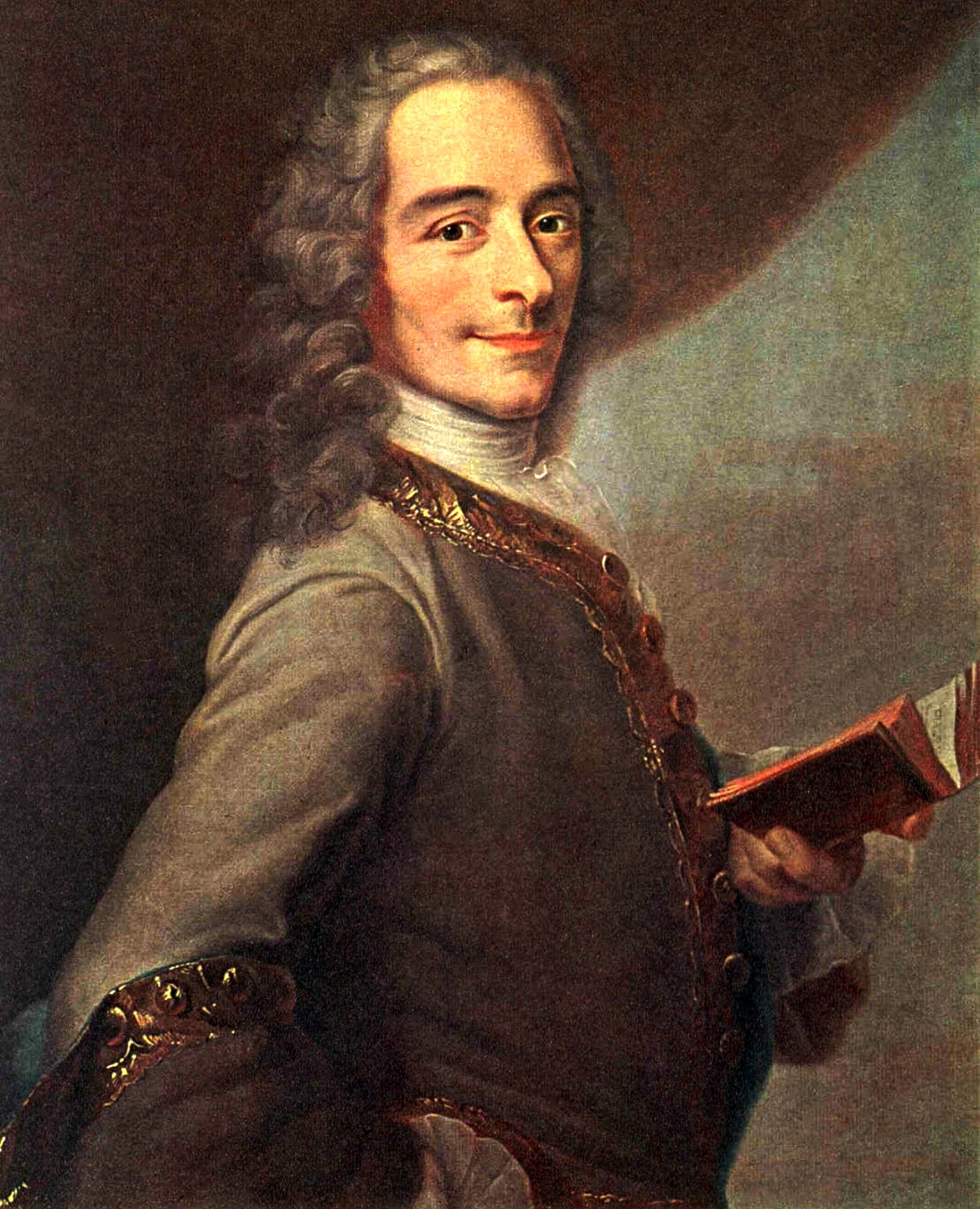In his major Latin treatises, Alexander Gottlieb Baumgarten (1714–1762) invented modern aesthetics. But what about his texts in German? Despite Baumgarten’s historical importance, his academic lectures, fictional letters published in a moral weekly, and a diary have never been submitted to systematic study. By analyzing these texts as a distinctive corpus from the perspective of genre theory, the research project will yield a significant contribution to the interdisciplinary research on eighteenth-century aesthetics. Engaging with these seemingly inconspicuous texts will not only address a desideratum but also result in a profound reevaluation of our understanding of Baumgarten’s achievements as a whole.
The thesis of the project is that Baumgarten’s Latin and German texts play complementary roles in his foundational conception of aesthetics. In his Latin treatises, Baumgarten outlines a theoretical aesthetics, whereas the German-language corpus elaborates a practical aesthetics that he calls an « art of aesthetic experience. » The switch from Latin to German is thus accompanied by a shift in concepts that is due to a change in genre: Baumgarten’s practical aesthetics is not published in philosophical tomes but in popular genres. According to their specific genre rules, the texts construct aesthetic communities that serve as the interface for the texts to intervene in contemporaneous debates and controversies.
Project leader: Prof. Dr. Frauke Berndt (Deutsches Seminar UZH)





